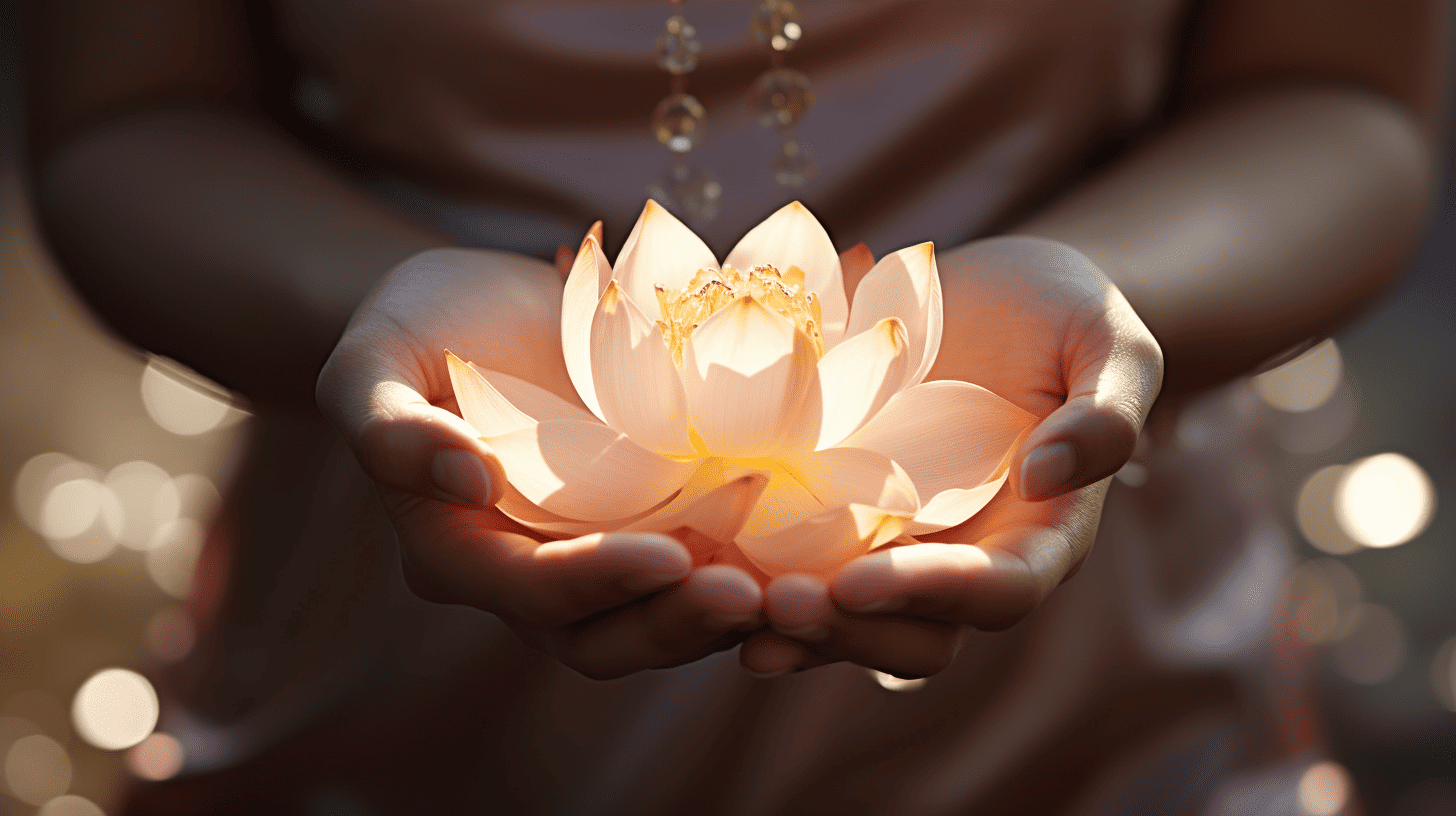The 7-Minute Rule for Personal Growth
The 7-Minute Rule for Personal Growth
Blog Article
Mysticism Fundamentals Explained
Table of ContentsSpirituality Can Be Fun For AnyoneThe Facts About Spirituality UncoveredIndicators on Diversity You Should KnowNot known Facts About MeditationNot known Details About Awareness

That's the only way you'll keep appearing day after day. Research shows that combining a 30-second action with a "habit anchor" can make brand-new regimens more likely to stick. The 30-second action can be anything that might prompt you to start your brand-new everyday meditation routine (For instance: "I will count 15 inhales and exhale breath cycles for 30 seconds before I start meditating").
Select a meditation posture that feels helpful for your body. This might be being in a chair or on a sofa with feet flat on the floor, kneeling, legs crossed on a firm cushion or yoga mat, resting on your back, or perhaps standing or walking. If you're sitting, try to keep your back directly, your hands resting on your lap or knees, your eyes gazing gently into the middle range or at a spot on the flooring in front of you.
See This Report on Spirituality
Feel totally free to choose whatever position feels best for you (and, understand that this position might alter depending on the day). Comfortable clothes are perfect, and you can even drape a blanket over yourself if you tend to feel cold while sitting still if that feels more enjoyable (Diversity). A guide or a directed meditation app like the Headspace app can be a useful, available tool for constructing a daily meditation practice.
The advantages of meditation in the morning have less to do with meditation itself and more to do with setting the phase for the day ahead. Meditation is an umbrella term for a variety of psychological focus methods that can help merge the body and mind. https://www.magcloud.com/user/spiritualsaz. It includes aspects of concentration, relaxation, mindfulness, and emotional neutrality

What Does Enlightenment Mean?
"Standard knowledge is that the early morning is a good time to do it, and if you can make time in the early morning, that is excellent. However if not at any time you can set aside for meditation is the best time."Meditation's are not dependent on the time of day, but there are reasons specialists frequently suggest meditation in the early morning.
"It assists in focusing the mind, handling tension, and enhancing overall emotional wellness." Early morning meditation might assist you handle feelings of worry, anticipation, and anxiety on particularly demanding days. Mathews points out there's a meditation saying, typically attributed to Gandhi, that on the days he is actually hectic, he practices meditation for 2 hours in the early morning instead of 1.
According to Caroline Schmidt, a certified scientific social worker from St. Louis, Missouri, mornings tend to have a natural sense of peace before the hustle and bustle of the day - Meditation. Your mind is naturally calm from rest, and the world around you is peaceful from collective sleep."Early mornings give a chance to have time alone, while everyone else continues to sleep," she says.
The Basic Principles Of Awareness
One of the fantastic things about meditation is that you don't have to set a substantial duration of time aside for it, especially when you're just starting out. Schmidt adds that mornings are also an ideal time to check out meditation in an environment where you're already unwinded and comfy your bed.
Some professionals recommend repetition, proficiency, and consistency are more essential than duration. One study from 2018 found that 13 minutes a day for 8 weeks was enough for a lot of unskilled meditators to see positive changes. Often a few minutes of mediation may be all you need to achieve the right level of focus and clearness to fulfill an obstacle head-on."There actually isn't a great or bad quantity of time to meditate," Mathews states.
9 Simple Techniques For Mindful Consciousness
The practice you decide on need to be one that appeals to your objectives and your concepts. If you aren't a spiritual individual, for example, spiritual-focused meditation might not be for you - Spiritual Insights. Examples of meditation formats to pick from include: Schmidt says she chooses early morning meditations that are based upon thankfulness or motion.
You can gradually incorporate meditation into your day in such a way that makes sense and does not seem like a chore (https://www.indiegogo.com/individuals/36948253). Rock and Mathews suggest: starting with a little time objective of 510 minutessetting aside time particularly to meditate, if possible, however staying flexibleexploring different locations of your home or nature for a meditation spottrying various meditation practices to find an excellent fitlearning more about your selected meditation formatconnecting and sharing experiences with others who also meditateutilizing help like meditation apps or calming music, Most notably, Rock says to be kind and patient with yourself while you find out
The advantages of meditation in the morning have to do with setting your day up for success. Morning is a naturally quiet time, and meditating early can begin your day out on a favorable, focused note. There's no incorrect time to meditate. Early morning might be a fun time for meditation, however the "finest" time of day for meditation is whenever you're most likely to article source take the opportunity.
Report this page